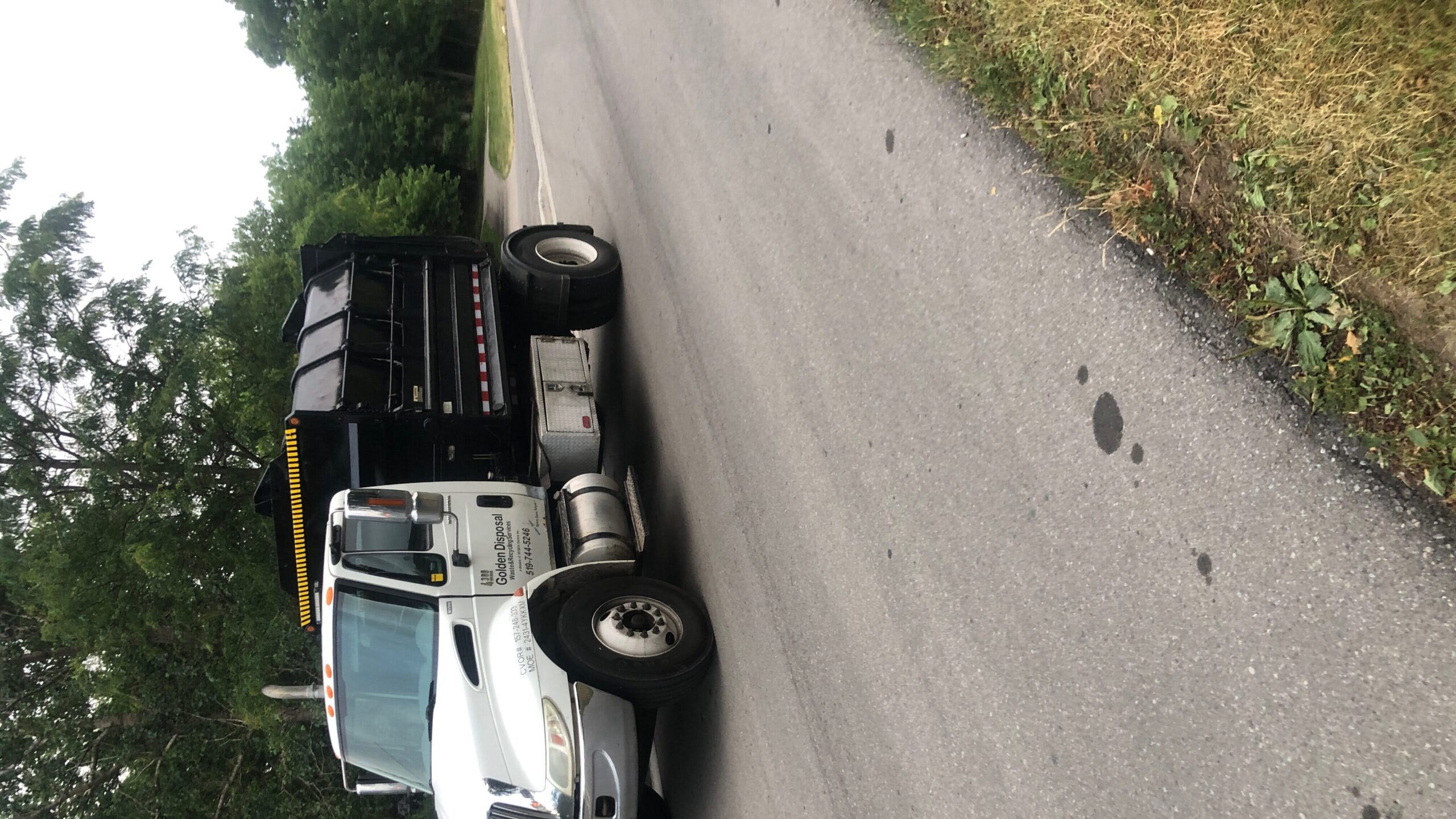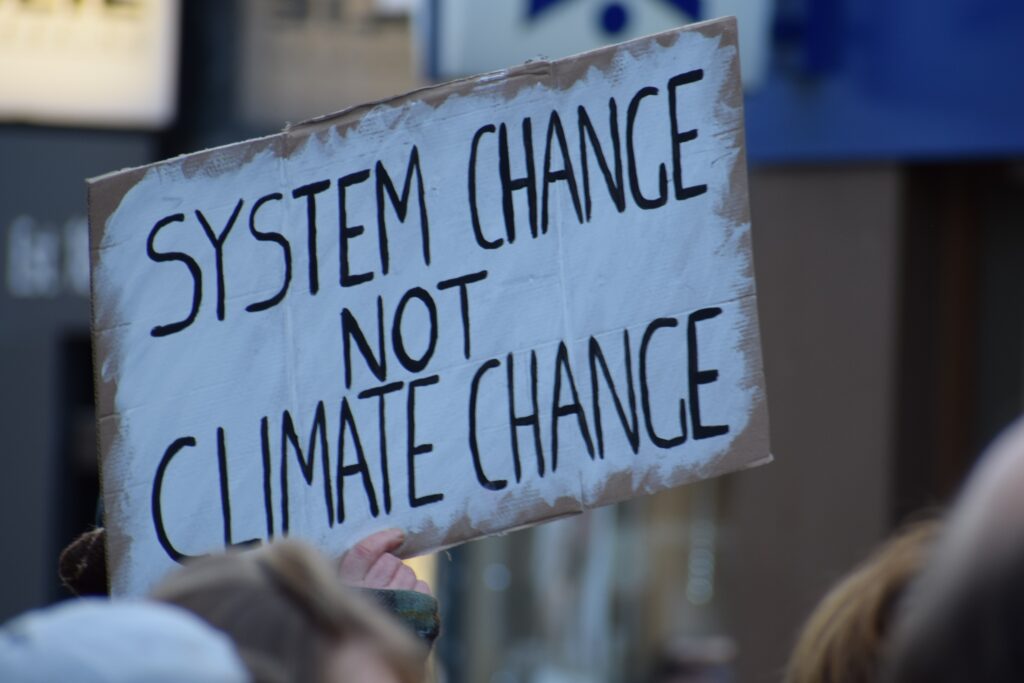As we continue to feel the effects of climate change on our lifestyle, reducing our environmental impact is more important than ever before. Fortunately, there are steps you can take to ensure you’re doing your part in contributing to a greener future.

Here are eight ways to reduce your environmental impact.
1. Use Recycled Materials
Not only is recycling beneficial for the environment, but it’s also an effective way of conserving resources. Using products manufactured from recycled materials such as recycled steel helps reduce the demand for new resources, eventually minimizing waste.
To put it into perspective, building a typical wood-frame home uses over 40 trees, but constructing a 2,000-square-foot home from recycled steel requires only around four recycled steel cars.
2. Dispose of Waste Responsibly
Disposing of waste responsibly minimizes your impact on the environment. This includes properly disposing of hazardous car waste such as electronics and batteries and not dumping chemicals and other harmful materials down the drain.
However, not all automotive components can be recycled. Only 80% of a car is recyclable. The remaining 20% is known as ‘auto shredder residue’.
3. Dispose of Construction and Demolition (C&D) Waste Properly
Debris produced during construction and demolition efforts is known as construction and demolition (C&D) waste. A considerable amount of C&D waste is produced each time buildings and civil engineering structures are constructed, refurbished, or demolished.
In 2018, the United States produced 600 million tons of construction and demolition waste, double the municipal solid waste produced. The best way to ensure you properly dispose of C&D waste is to hire a local waste management company.

4. Consider Local Sourcing
From office supplies to raw materials for manufacturing, all businesses need resources for their operations. Having these resources delivered to your door uses a significant amount of energy and generates emissions. Using local vendors, a concept known as ‘near sourcing,’ is an effective way to minimize your impact on the environment as you save your business money.
5. Go Paperless
Going paperless is easier today than ever before. Online storage options are more efficient than paper filing systems. A great example is Google Drive, which you can use to store all your files, documents, and calendars, create spreadsheets, and take notes. You can also use web applications such as Slack and Asana for all your business needs. This way, you won’t need a pen and paper.
6. Reduce Your Electronic Usage
Turning off and unplugging your equipment from the wall can reduce your electronic usage and energy bills. There is a ‘standby’ setting on your TV, computer, microwave, and even certain washing machines, which means they continue to consume energy even when they’re off.
Be sure to pick appliances with excellent energy ratings and unplug them when not in use.

7. Grow a Vegetable Garden
Growing your own food is a great way to reduce your environmental impact. It lessens the fossil fuel pollution and emissions generated during the transportation of foods to the supermarket. If you go organic and avoid using herbicides and pesticides, you’ll also be helping the environment.
These chemicals can damage the soil, making it more difficult for plants to flourish in the future. Use any food waste to make compost, which you can then use as fertilizer for your garden.
8. Go Vegetarian for a Day
By consuming more veggies and potatoes and less meat, you can significantly reduce your food expenses. Doing this will also benefit the environment. Livestock production generates a significant amount of greenhouse gas emissions, among other environmental impacts. Eat a vegetarian meal at least once per week and purchase meat from local sources to reduce your ecological footprint.

Climate change is real. Everyone needs to do their part to reduce its effects and guarantee a green future for the next generation. Read this article as a guide to lessening your environmental impact.

Leave a Reply